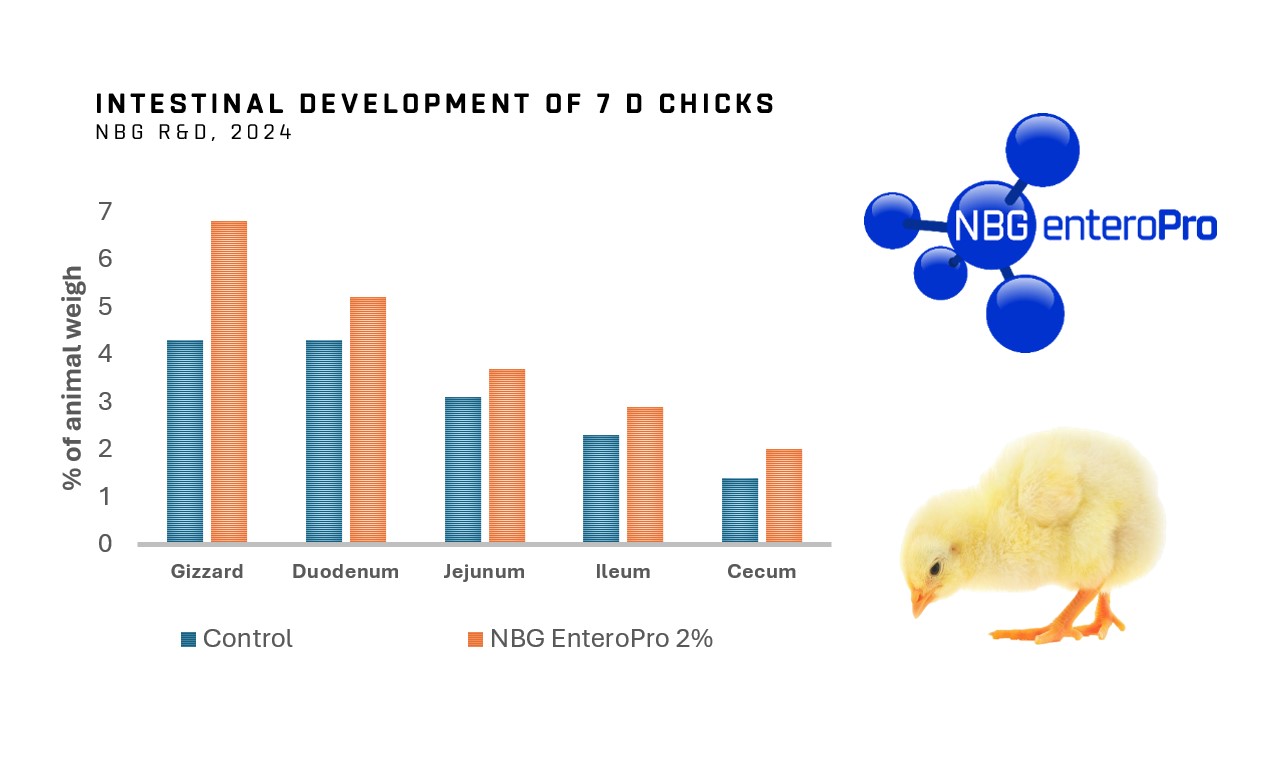Enzymatic Fish Hydrolysates in Broiler Feed: A Nutritional Boost

Dear colleagues,
Fish protein hydrolysates (FPH) are gaining attention as valuable ingredients in animal nutrition. Specifically, in broiler feed, enzymatic fish hydrolysates offer several benefits. Let’s explore what they are and how they can enhance broiler health and performance.
What Are Fish Protein Hydrolysates?
Fish protein hydrolysates are derived from fish or fish materials through protein hydrolysis. This process breaks down proteins into smaller parts, including peptides and amino acids. FPH can be obtained from various fish sources, such as by-products or whole fish. These hydrolysates contain bioactive peptides with functional properties beyond their nutritional value.
Benefits of Enzymatic Fish Hydrolysates in Broiler Feed
- Improved Growth Performance: Including FPH in broiler diets has been associated with desirable rates of growth performance. The small peptides and amino acids are readily absorbed in the small intestine, providing a balanced pattern of nutrients for optimal growth.
- Enhanced Feed Efficiency: Broilers fed diets containing FPH exhibit improved feed efficiency. The hydrolyzed proteins contribute to better nutrient utilization, leading to improve the feed conversion ratio of the whole diet.
- Health Benefits: Some FPH have bioactive properties, such as antimicrobial, antioxidant, and immunomodulatory activities. These contribute to overall broiler health, particularly gut health.
- Functional Properties: FPH can improve the functional properties of broiler meat, making it more suitable for processing and consumption.
In NBG we have developed NBG DigestaPro and NBG EnteroPro, two fish hydrolysates that have demonstrated on several occasions the power they have to improve the performance and health of animals, as shown in the graph attached in this small article.
For more information you can contact us:
Conclusion
Enzymatic fish hydrolysates hold promise as valuable components in broiler feed. Their bioactive properties, improved growth performance, and health benefits make them an attractive choice for optimizing broiler nutrition.


 ES
CERRAR X
ES
CERRAR X